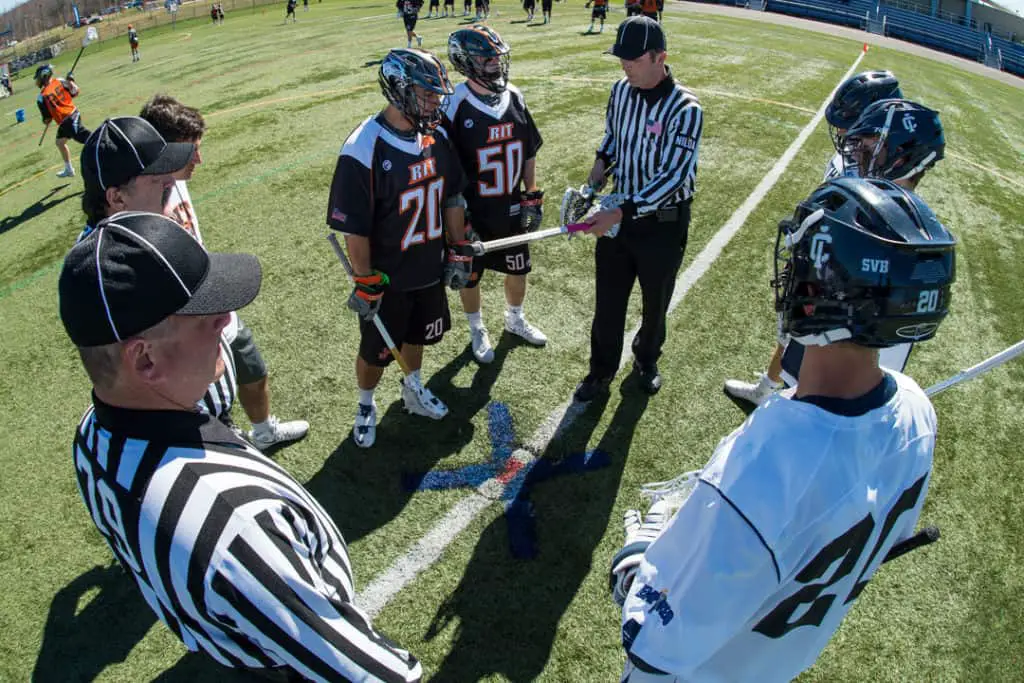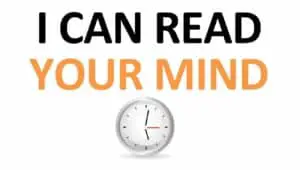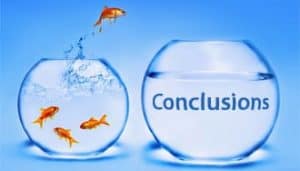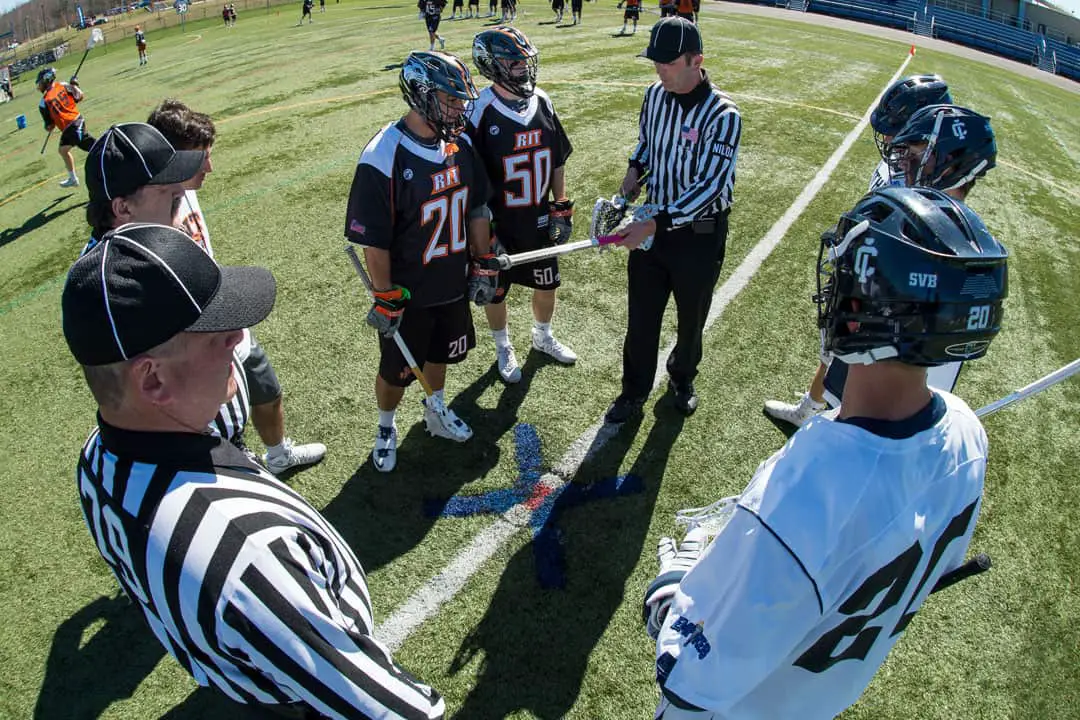Table of Contents
*This post may contain affiliate links. As an Amazon Associate we earn from qualifying purchases.

The term mindfulness is a big buzzword in many life situations today, including work, school and at home.
Mindfulness is also a big concept in the world of sports at the present time. Athletes continue to question me on what exactly the term mindfulness in sports actually means. Probably the most simple answer is mindfulness means knowing where your focus is while you are training and competing.
One way to explain where focus goes wrong is to consider how easy it is for athletes to engage in the three mental errors listed below. These mental errors are easy to do and act as detractors from performance. These three mental errors can be used as indicators for athletes to switch or change their thinking and head in a different direction. But, the key is KNOWING or having an AWARENESS that this is happening and your mind is focusing on these topics. That is also part of the idea of mindfulness.
Three Mental Errors
- Mind Reading
Athletes engage in mind reading when they do such things as look at their coach and assume they know what their coach is thinking. This happens rapidly and triggers internal conversations that may involve whole stories in our hearing. Or, some athletes assume they know what teammates or spectators are thinking. I work with so many athletes who worry excessively about what others think of them that it really detracts from their performance.
For the sake of a good argument, let’s agree that there might be some moments when this is true, such as, when an athlete makes a mistake and the coach immediately rolls his eyes. But a lot of the time athletes assume their coach is thinking negatively about them and there is no proof of this. Remember, a coach has his own life, hir own concerns and is typically managing more than one athlete. I challenge athletes to begin to understand that a coach is not always thinking just about them.
At any given moment there are three elements occurring in this relationship: 1) The Coach, 2) The Situation, and 3) The Athlete. The situation might have given a coach a perspective entirely different than the athlete. The bottom line is this: Does mind reading help you perform better?
a coach a perspective entirely different than the athlete. The bottom line is this: Does mind reading help you perform better?
No. It does not.
Mind reading means your focus is somewhere other than in the moment or on the play or drill. And you cannot jump into another person’s head and make them think differently! It is like playing a ping-pong game in your head as the other game is taking place that needs your full attention.
- Jumping to Conclusions
A second mental error that athletes engage in is Jumping to Conclusions. I often hear athletes describe this occurring when they are not performing at the level they  know they can. A great example is when a golfer has a bad hole and then begins to calculate a final score based on that hole. Or, a tennis player starts losing points and recalls a past match when this happened and he lost. He begins to focus on the past performance and concludes this match will likely not go his way because it went poorly in the last match. These are rapid mental grabbers and sure ways to take the athlete away from a good focus. Jumping To Conclusions typically means the athlete is mentally rushing through moments that have not yet occurred in time!
know they can. A great example is when a golfer has a bad hole and then begins to calculate a final score based on that hole. Or, a tennis player starts losing points and recalls a past match when this happened and he lost. He begins to focus on the past performance and concludes this match will likely not go his way because it went poorly in the last match. These are rapid mental grabbers and sure ways to take the athlete away from a good focus. Jumping To Conclusions typically means the athlete is mentally rushing through moments that have not yet occurred in time!
- All Or Nothing Thinking
A third mental error is All or Nothing Thinking (also known as polarized thinking) It goes something like this: I made the shot and I am okay. I missed the shot and I really suck. Athletes who base their self-worth on their performance often struggle to recover from mistakes. This is a huge challenge mentally. It just seems logical to be really mad after a bad performance but it goes too far when the athlete concludes that he is bad. Many athletes do not even realize they are thinking in this way. Performance and self-are two really different things. If an athlete struggles with recovery after a bad performance than this mental error might be worth a change.
The three mental errors discussed have their roots in psychology, specifically Cognitive Behavioral Theory. The work by Aaron Beck and David Burns addresses these as cognitive distortions.
Moving Focus From Errors to Noble Thinking
Watch the YouTube Video and take note on the idea of mental toughness is compared to knowing where to put your focus. Focus takes mental discipline. To be a well-rounded athlete, you need to make disciplining your mind part of your game.
https://www.youtube.com/watch?v=2oC5k5m0Pyk&feature=youtu.be
How Do You Build Mental Discipline?
One key to building better mental discipline is understanding you are in charge of your mind. Your mind is not in charge of you. You can talk back to yourself, you can direct your focus on purpose and you can have a plan when your focus wonders onto petty aspects of the game.
I believe that keeping a journal about your focus is one method for building mental discipline. There has to be a “practice” you engage in to build a strong mental focus. Writing down your thoughts is such a practice. Have moments where you check in with yourself in practice and mentally ask what is my focus right now? Is it on target? Take a few moments to journal what you learned so you keep a running record. Note if you become stronger at bringing your focus back. Note what was really taking your focus off target. By observing your own thoughts, you become your own best personal scientist and you have gathered information to work.
For more free information about how to strengthen your mental game, visit our website www.sportsandthemind.com

